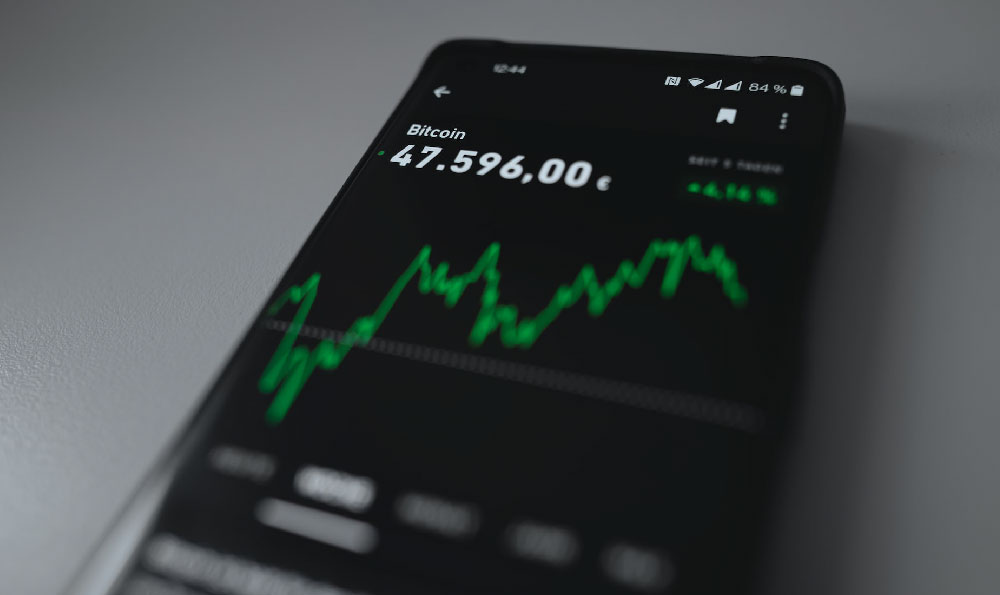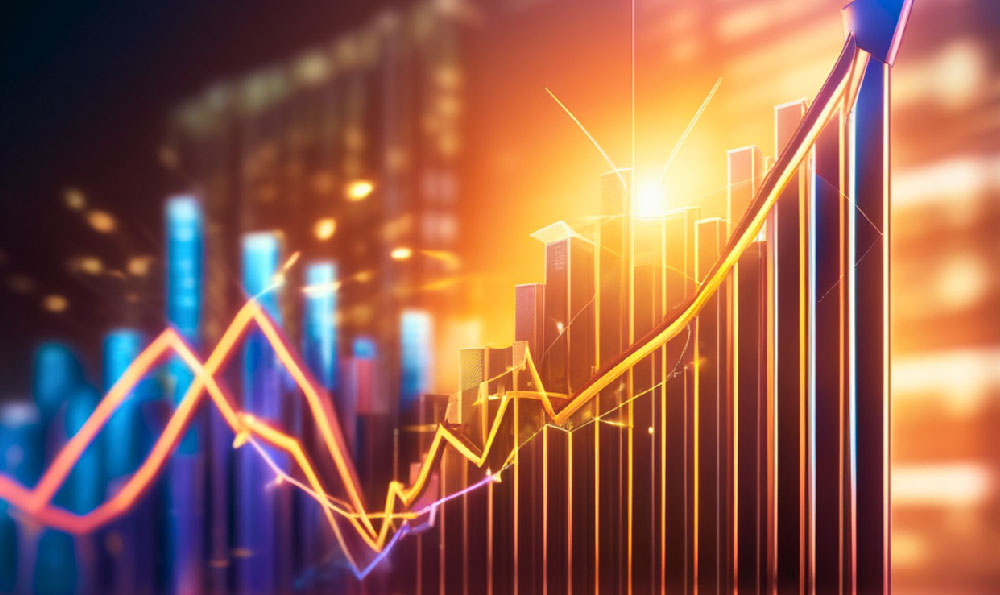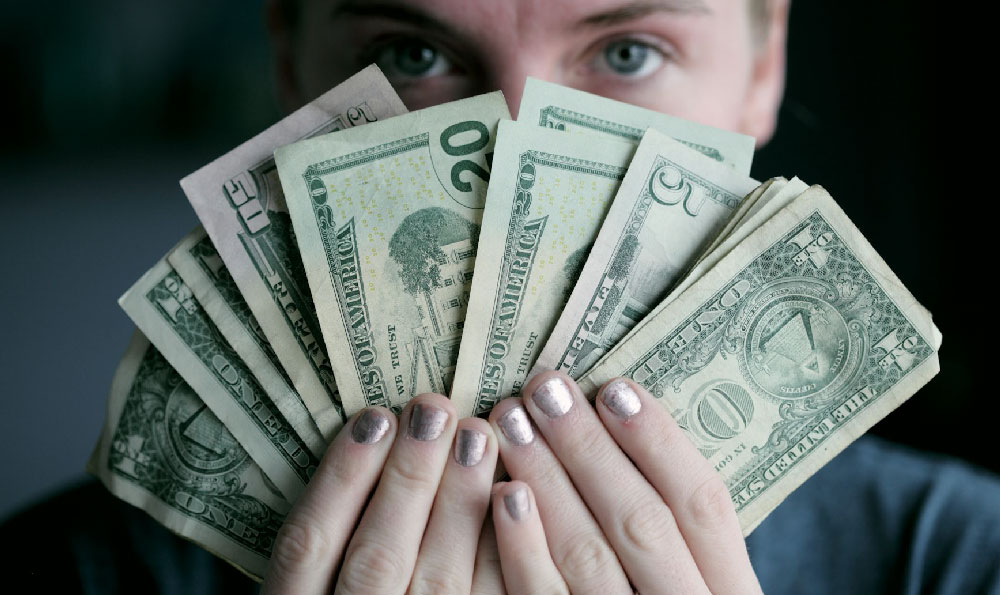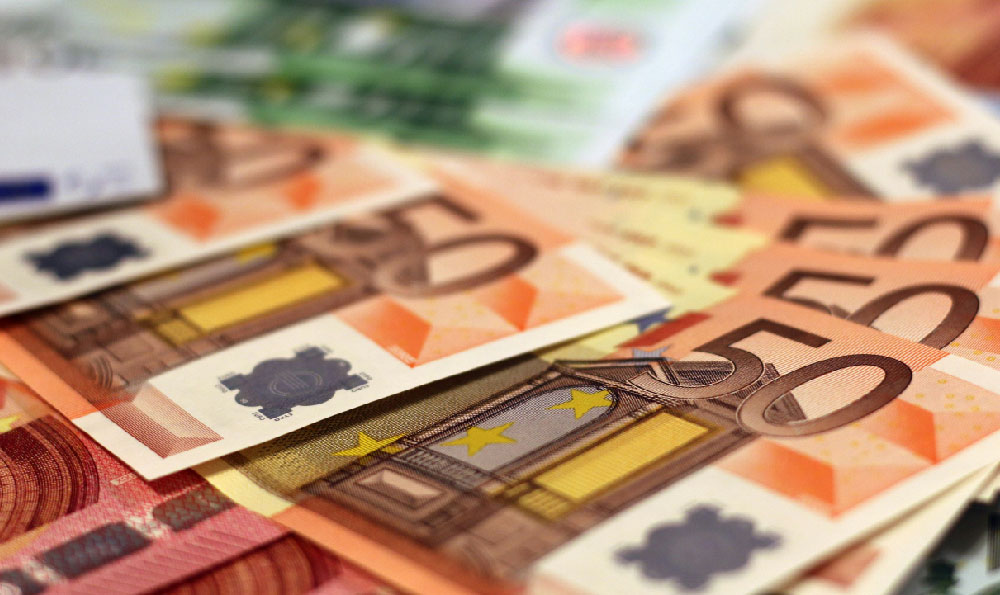Pablo Escobar, the name synonymous with immense wealth, ruthless power, and the Colombian drug trade, amassed an astounding fortune during his reign as the head of the Medellín Cartel. Pinpointing the exact figure of his earnings remains a challenging task, shrouded in secrecy and further complicated by the sheer scale of his operation. However, credible estimates suggest that Escobar's wealth peaked at around $30 billion in the early 1990s, making him one of the richest individuals in the world at the time. To put this in perspective, this figure, adjusted for inflation, would equate to well over $60 billion today.
The staggering accumulation of this wealth stemmed almost entirely from the cocaine trade. The Medellín Cartel controlled a vast network of cocaine production, transportation, and distribution, primarily targeting the lucrative North American market. The cartel dominated the industry, responsible for an estimated 80% of the cocaine smuggled into the United States during its peak. The mechanics of this operation, while brutally efficient, were remarkably straightforward.
Escobar controlled the entire cocaine supply chain, from the cultivation of coca leaves in the Andes mountains to the distribution of the final product on the streets of major US cities. He directly oversaw coca farms, cocaine laboratories hidden in the Colombian jungle, and the vast network of pilots, sailors, and distributors responsible for moving the drugs across borders. The sheer volume of cocaine moved was breathtaking. Planes, boats, and even submarines were used to transport massive quantities of the drug, often bypassing traditional customs controls through bribery and intimidation.

The Medellin Cartel's daily revenue was nothing short of astronomical. Estimates vary, but it's believed the cartel was bringing in tens of millions of dollars every single day. Consider the following: each kilogram of cocaine produced in Colombia cost a relatively small amount. However, once it reached the streets of the US, its value skyrocketed. This enormous profit margin, coupled with the sheer volume of cocaine trafficked, created an unprecedented influx of cash.
Escobar faced a peculiar problem: what to do with so much money? Laundering such massive sums of illicit funds presented a significant challenge. He employed various techniques, including investing in legitimate businesses, real estate, and agricultural ventures. However, even these efforts couldn't fully absorb the flow of money. Stories abound of Escobar burying cash in fields and hiding it in the walls of his numerous properties. It’s estimated that the cartel wrote off billions of dollars annually simply because they couldn't find a way to launder or store it. Rats, moisture, and accidental destruction contributed to the losses.
The extreme wealth generated by the cocaine trade fueled Escobar's power and influence. He used his money to bribe government officials, police officers, and judges, effectively creating a shield of protection around his operations. He also invested heavily in his hometown of Medellín, building housing projects, hospitals, and soccer fields, earning him the reputation as a Robin Hood figure among the city's poor. This popularity provided him with a degree of social capital and protection, making him a formidable adversary to the Colombian government and law enforcement agencies.
However, Escobar’s immense wealth and power came at a terrible price. His reign was characterized by extreme violence, corruption, and the destabilization of Colombian society. He was responsible for the deaths of thousands of people, including judges, politicians, journalists, and innocent civilians. The war against the Medellín Cartel plunged Colombia into a state of near-anarchy, leaving a lasting legacy of trauma and social division.
Moreover, the very nature of Escobar's business meant that his wealth was ultimately unsustainable. The constant pressure from law enforcement agencies, rival cartels, and the increasing scrutiny of international financial institutions made it increasingly difficult to maintain his operations. The enormous security risks associated with managing such a vast amount of illicit wealth also contributed to his downfall. He was constantly looking over his shoulder, fearing betrayal, capture, or assassination.
In conclusion, Pablo Escobar's extraordinary wealth was built on the foundation of the cocaine trade. The Medellin Cartel’s control over the production and distribution of cocaine allowed him to amass a fortune estimated in the tens of billions of dollars, earning millions daily. This wealth fueled his power and influence but ultimately led to his downfall, bringing violence and instability to Colombia. His story serves as a cautionary tale about the corrupting influence of wealth acquired through illegal activities, highlighting the immense human cost associated with the drug trade. The legacy of his fortune continues to be debated and analyzed, serving as a constant reminder of the devastating consequences of unchecked power and greed. While the exact figures remain debated, the magnitude of his empire and the impact it had on the world are undeniable.












